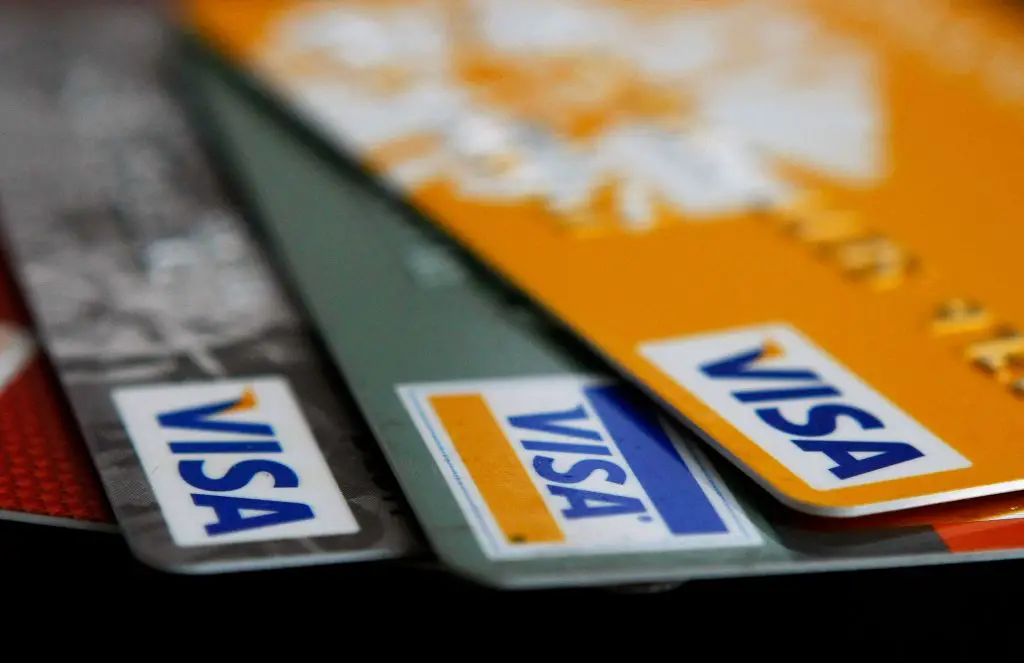As a college student, you’ll hopefully be learning a lot more than just what your degree requires. Essentially, your four years of college are a practice run for the rest of your life. So, in addition to acing your classes, it’s a good idea to also figure out how you plan to survive after college in the dreaded “real world.”
The first step to doing so is to establish good financial habits, which will put you at a definite advantage when you graduate. Unfortunately, this will involve a lot more than just keeping your bank balance above zero; however, while it may take you a bit of time to hit your stride, if you start off with these tips you’ll be in good shape.
1. Establish Credit
As it will become particularly important after you graduate, college is the ideal time to begin establishing credit. Having a good credit score will indicate that you’re financially reliable, and will make it easier for you to secure either a long-term or short-term loan. In addition to showcasing your dependability to lenders, your credit score is also regarded as a measure of your responsibility and can come into play when you’re renting an apartment, purchasing a car and even when applying for a job. If you graduate with a decent credit score already built up, then you’ll be in a good position when comes to these areas.

In order to get a credit card and thereby start building credit, you may have to have become an authorized user on someone else’s card first, before you can qualify for your own. Being an authorized user will allow you to use a credit card and pay it down, though the owner will be the one who is actually responsible for ensuring that all of the payments are met. In other words, you get all of the benefit without the full responsibilities.
Assuming that you consistently make your payments on time, you’ll start building up a good credit score. If this option doesn’t work, you can also apply for a secure credit card, which allows you to open a credit account after paying a deposit as collateral. A secure card gives you the chance to actually build up credit on your own, thereby enabling you to apply for a more permanent, unsecured card.
2. Make a Budget
Having a greater awareness of your regular expenses tends to lead to make more money-conscious purchases, and helps you to avoid spontaneous buys. Try to set a rough monthly budget for yourself, based on how much you earn and how much you expect yourself to spend during that period of time. Then, keep track of all of your expenses and actually note them down on paper—this goes both for large expenses, such as rent and groceries, and smaller purchases like your morning coffee.
At the end of each month, total your expenses and see how closely you were able to stick to your allotted budget. If you went over it, reflect on ways that you can save. It may even help to go through and sort all of your purchases into relevant categories, such as “food,” “utilities” and “entertainment.” In doing so, you’ll be able to easily see where you spend the majority of your money; you might not realize how much of your monthly budget is going toward trips to the movies until you see it on paper.
You may have to adjust your estimated expenditure as you start to track your budget, but make sure that you keep it practical. You won’t be helping yourself if you set an unrealistically large budget just because it’s easy to stay within.
One way to think about budgeting is through the lens of opportunity cost; opportunity cost is the idea that anytime you dedicate your time or money to something, you’re also giving up another option. Thinking in these terms is a good tactic for evaluating each of your purchases to ensure that you spend your money wisely. For instance, if you’re debating whether or not you should go out to dinner with your friends, you can use this technique to determine whether the money that you’ll have to spend is worth it.
Rather than looking at the decision simply based on whether or not you can afford it—that is, if you literally have enough money in your bank account — think also about how else you could use that money. Going out for one night might mean foregoing something else later on. Practicing this way of thinking now will help you out when you’re making more serious financial decisions after graduation.
3. Pay Attention to Savings
Being a broke college student, however frustrating it may be in the moment, does have at least one advantage: You’ll be forced to develop smart spending habits that you can hopefully keep up after you graduate. As you go through your daily routine, be on your guard for any techniques that can help you save money.
When grocery shopping, for instance, always make a list before you go and try not to stray from it. This will prevent you from spontaneously purchasing items that you don’t really need. After your trips to the grocery store, pay attention to that stack of coupons that they give you with your receipt—you may actually be able to use them on your next trip.
As a general rule of thumb, you should try to start putting away savings as early as possible.
Limit the number of times each month that you eat out, as constantly purchasing food can add up pretty quickly. Lower your utility costs by turning off your lights whenever you leave a room and by watching your favorite TV shows on your laptop instead of the TV itself.
No matter how small the savings seem in the moment, they will eventually add up. Once you pull back your spending habits, you’ll be able to save more and more money each month.
As a general rule of thumb, you should try to start putting away savings as early as possible. Ideally, according to CNN Money, you should be saving 10-15 percent of your income while in your twenties. While you may not have a lot of flexibility in terms of what you can set aside, given that many college students are able to work only part-time, minimum wage jobs to cover their expenses, anything that you can save will definitely benefit. Once you open a savings account, you’ll be able to start earning interest, so even if you only put away a small amount each month, you will see some payoff over time.

















